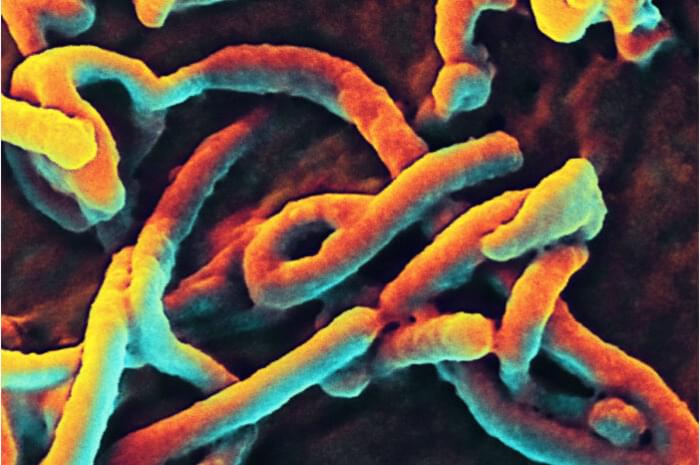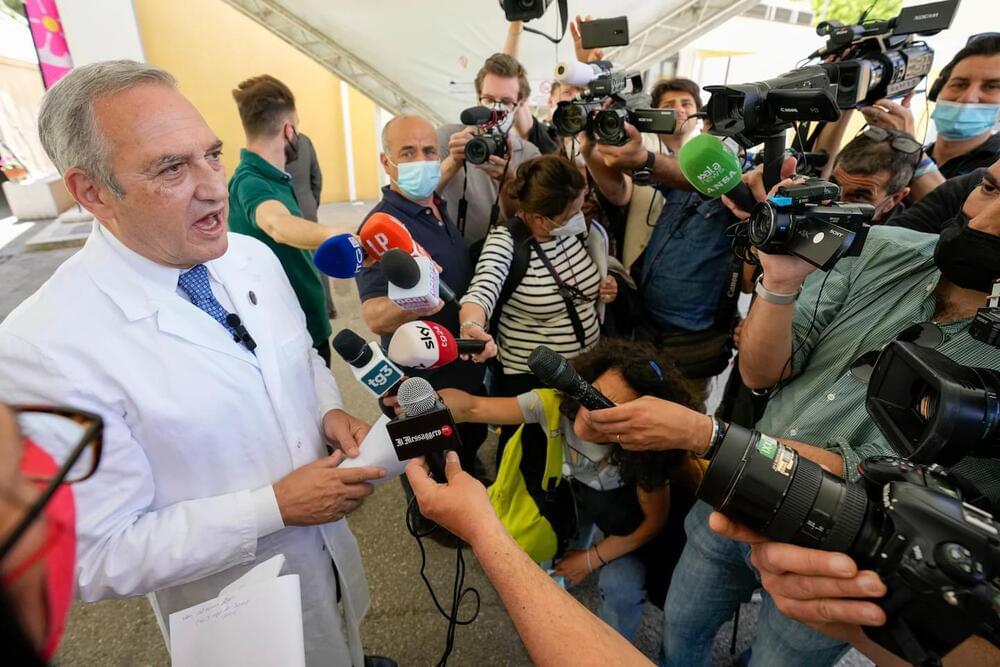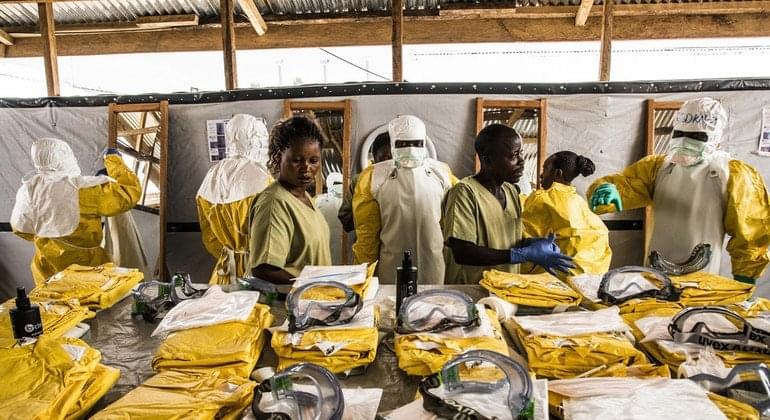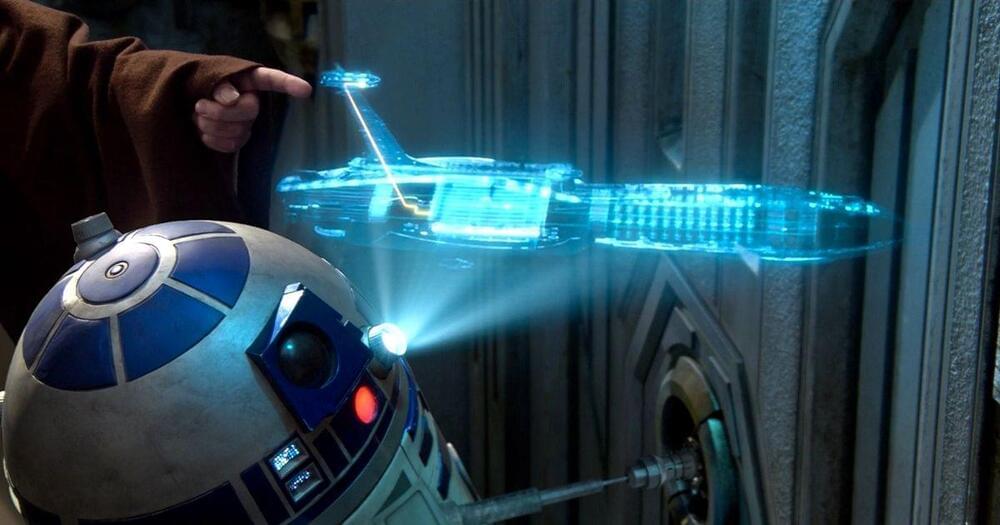Get the latest international news and world events from around the world.


Saudi Arabia Pledges $1 Billion a Year to Anti-Aging Research
The Beginnings of a biotechnology revolution in Saudi Arabia?
The Saudi royal family, led by king Salman bin Abdulaziz have announced the formation of a non-profit research foundation which intends to spend $1 billion of the countries considerable annual oil revenue on supporting anti-aging research. If such funding materialises, it will make Saudi Arabia the single greatest financial contributor to longevity research.
The Saudi royal family aims to distribute this funding through a non-profit organisation called the Hevolution Foundation 0, which was founded by Dr Mehmood Khan, formerly of the Mayo Clinic. In a formal introduction to the Hevolution Foundation, Dr Khan had the following to say.


Rapid Ebola diagnosis may be possible with new technology
A new tool can quickly and reliably identify the presence of Ebola virus in blood samples, according to a study by researchers at Washington University School of Medicine in St. Louis and colleagues at other institutions.
The technology, which uses so-called optical microring resonators, potentially could be developed into a rapid diagnostic test for the deadly Ebola virus disease, which kills up to 89% of infected people. Since it was discovered in 1976, Ebola virus has caused dozens of outbreaks, mostly in central and west Africa. Most notable was an outbreak that began in 2014 and killed more than 11,000 people in Guinea, Sierra Leone and Liberia; in the U.S., the virus caused 11 cases and two deaths. A rapid, early diagnostic could help public health workers track the virus’ spread and implement strategies to limit outbreaks.


Making Mind Reading Possible: Invention Allows Amputees To Control a Robotic Arm With Their Mind
A University of Minnesota research team has made mind-reading possible through the use of electronics and AI.
Researchers at the University of Minnesota Twin Cities have created a system that enables amputees to operate a robotic arm using their brain impulses rather than their muscles. This new technology is more precise and less intrusive than previous methods.
The majority of commercial prosthetic limbs now on the market are controlled by the shoulders or chest using a wire and harness system. More sophisticated models employ sensors to detect small muscle movements in the patient’s natural limb above the prosthetic. Both options, however, can be difficult for amputees to learn how to use and are sometimes unhelpful.

5 Predictions from Old Sci-Fi Movies About the 21st Century That Actually Came True
Science and technology have advanced incredibly in the 21st Century. It’s easier now than ever to travel to or talk to people who live halfway across the world, and we now are more connected to advanced technology than anyone could have thought possible. Science fiction, in the 20th and 21st Centuries, has strived to anticipate just how far this technological advancement would go, and what the consequences of that would be.
Of course, a lot of old sci-fi movies included tropes about the 21st Century that proved to be wrong. Indeed, it was probably too optimistic, in hindsight, to assume we would get flying cars before the end of the 90s or that the 2000s would have lifelike androids running around. Despite these incorrect predictions, though, there are some movies that were eerily accurate, or even predicted we would have technology later than we eventually got access to. In some cases, sci-fi has even been the inspiration for invention, with people wanting to emulate what they saw on television. These are some predictions, made by older sci-fi movies, that turned out to be on the money.
Leaked Audio From 80 Internal TikTok Meetings Shows That US User Data Has Been Repeatedly Accessed From China
Fourteen of the leaked recordings include conversations with or about a team of consultants from Booz Allen Hamilton. One of the consultants told TikTok employees that they were brought on in February 2021 to help manage the Project Texas data migration, and a TikTok director told other TikTok employees that the consultants reported to TikTok’s chief of US data defense. In recordings, the consultants investigate how data flows through TikTok and ByteDance’s internal tools, including those used for data visualization, content moderation, and monetization.
In September 2021, one consultant said to colleagues, “I feel like with these tools, there’s some backdoor to access user data in almost all of them, which is exhausting.”